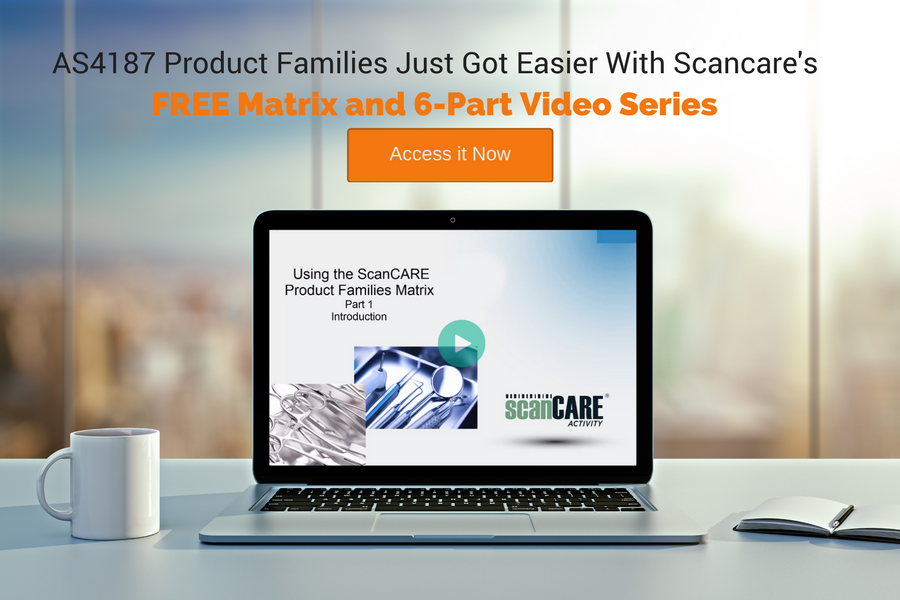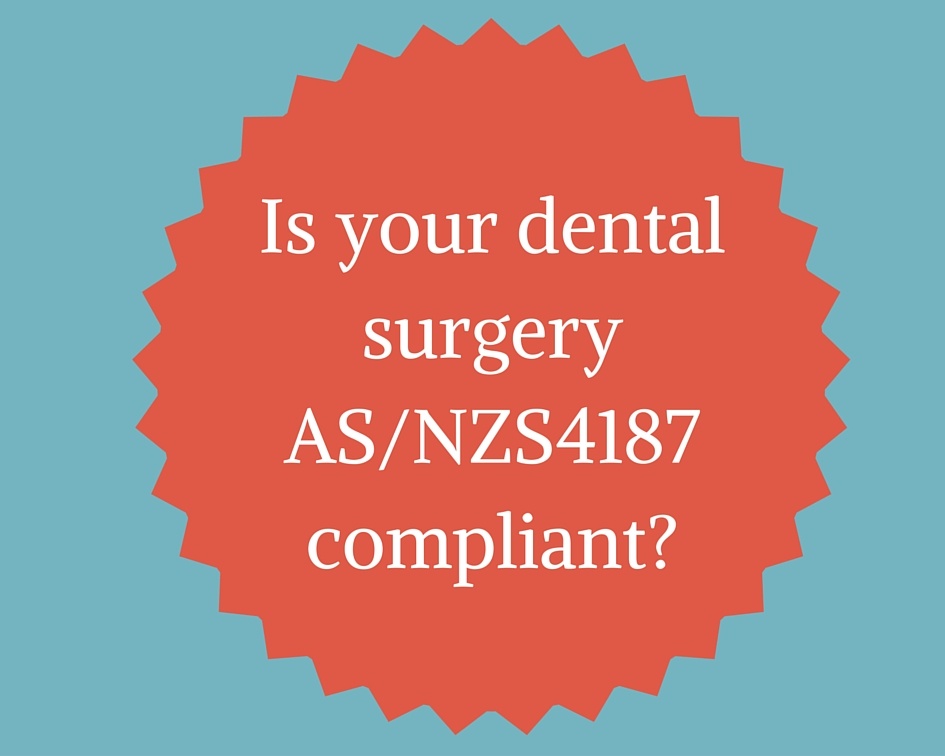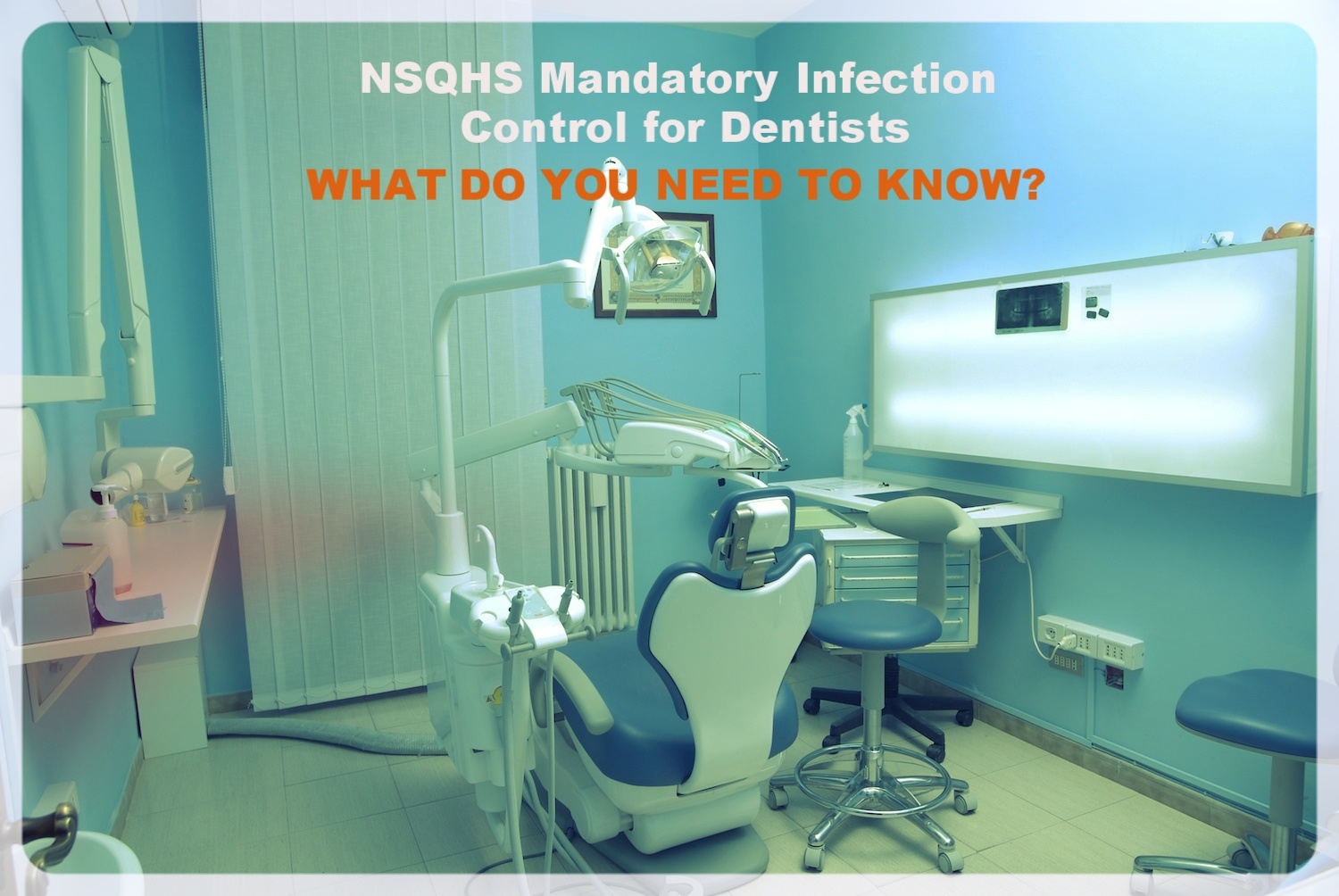Come see us and learn about infection control for dentists

May 17th-21st May, Scancare will be attending the 37th Australian Dental Congress in Melbourne.
This is the first time that we will be attending a dental conference of any kind, but with the dental sector becoming increasingly subject to standards compliance for infection control, we believe it is a good opportunity to meet with the dental community and discuss your needs and hopefully provide some guidance on some of the major infection control related topics affecting dental surgeries;
- AS4815 or AS4187 for dental surgeries. What standard should you be complying to?
- NSQHS mandatory compliance for public dental surgeries
- Product Families. What are they and do you need to comply?
- Setting up surgical instrument tracking in a confined space. How do you go about it?
- Surgical instrument marking. Is it necessary to achieve compliance?
- What level of tracking is required?
Last year we saw several infection control breaches in NSW and Queensland resulting in the closure of several dental practices.
Infection Control has become a hot topic and the Australian Dental Board's release of an open letter dated 16th July 2015 reminding Dental Practitioners of their Infection control obligations under the National Law is testament to that.
Every place where dental care is provided must have the following documents in either hard copy or electronic form (the latter includes guaranteed Internet access). Every working dental practitioner and all staff must have access to these documents:
A manual that sets out the infection control protocols and procedures used in that practice, which is based on the following documents:
- AS/NZS 4815, AS/NZS4817
- Australian Guidelines for the Prevention and Control of Infection in Healthcare published by the National Health and Medical Research Council (NHMRC)
- Australian Dental Association Guidelines for Infection Control
The release of AS4187:2014 also created some confusion about compliance for dental practices when it updated its definition of a Health Service Organisations (HSO).
Section 1.5.24 Health service organization (HSO)
A separately constituted health service that is responsible for the clinical governance, administration and financial management of a service unit(s) providing health care.
NOTE: A service unit involves a grouping of clinicians and others working in a systematic way to deliver health care to patients and can be in any location or setting, including pharmacies, clinics, outpatient facilities, hospitals, patients’ homes, community settings, practices and clinicians’ rooms.
This appeared to rescind the former clear delineation that small office based practices need to comply with AS4815 and not AS4187.
Thankfully the ADA has provided some clarification in its Guidelines for Infection Control Third Edition 2015.
The Australian and New Zealand Standard AS/NZS 4815 Office-based health care facilities – Reprocessing
of reusable medical and surgical instruments and equipment, and maintenance of the associated
environment is relevant to office-based dental practice. Public dental clinics and large facilities would generally operate under AS/NZS 4187 Cleaning, disinfecting and
sterilising reusable medical and surgical instruments and equipment, and maintenance of associated environments in health care facilities.
There’s a lot there for a dental practice to manage.
At ScanCARE we create healthcare solutions that help dentists, practice managers and their teams to safely navigate what can seem like a minefield of regulations and standards.
We would love to see you at the congress if you are there. Come up and say hello and hopefully we can provide some help and guidance on the above topics.
You can catch us at Stand 175 in the exhibition hall.



